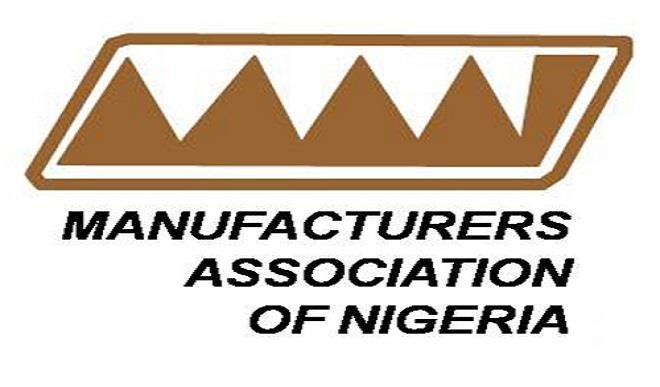The Manufacturers Association of Nigeria (MAN) has identified areas and policies President Bola Ahmed Tinubu needs to focus on to revive the manufacturing industry to align with his industrialization agenda.
In a statement on Wednesday, MAN’s Director General Segun Ajayi-Kadir, stated that several policies need to be introduced while others should be jettisoned to revive the sector.
Kadir, while commending the president for announcing moves to end the two-forex windows, noted that the promise to use fiscal and monetary policies to galvanise domestic manufacturing would stop the drift into inglorious de-industrialization of the Nigerian economy.
“The issues of multiple and often punitive taxation; conflicting and contractionary fiscal and monetary policy measures; skewed and poor management of the foreign exchange regime and the long overdue stoppage of the fuel subsidy were addressed in the president’s speech and I believe they resonate with manufacturers in particular and the business community in general.”
EXCLUSIVE: CBN devalues Naira to 630/$1
Tinubu must not ignore Auditor-General’s annual reports
He stated that the reversal of the unwarranted violation of the government’s three-year excise escalation roadmap on alcoholic beverages and tobacco as contained in the 2023 Fiscal Policy Measures would help to mitigate the expected ruin anticipated in the sectors.
He also urged the president to prevail on the CBN to give priority to the allocations of foreign exchange to the productive sector, “particularly to manufacturers to import raw materials, spares, and machinery that are not locally available.
“He should direct the NERC to admit all qualified applicant companies into the Eligible Customer Scheme to allow them access to power as stipulated in the Electric Power Sector Reform Act 2005 and direct all relevant agencies of government to ensure that the electronic call-up system at ports aimed at redressing the congestion works without fail.”
He said the revisit of the Finance Bill 2022 is needed to ensure it includes the critical inputs of the organized private sector while removing the 10 per cent investment allowance on the acquisition of plants and machinery.
“The president needs to announce a special policy initiative to address the revival of closed and distressed industries, particularly in the North East where 60 per cent of our member companies have closed.”

 Join Daily Trust WhatsApp Community For Quick Access To News and Happenings Around You.
Join Daily Trust WhatsApp Community For Quick Access To News and Happenings Around You.


